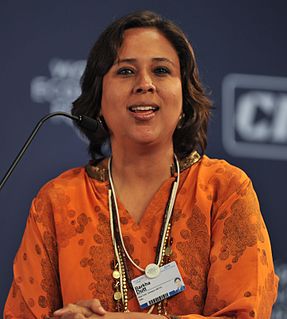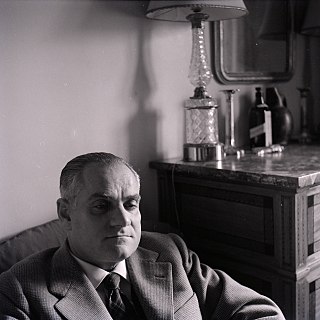A Quote by John le Carre
I think that most of my books are part of some process of self-education, often about the places I go to. Most of all, they are about the peculiar tension between institutional loyalty and loyalty to oneself; the mystery of patriotism, for a Brit of my age and generation, where it runs, how it should be defined, what it's worth and what a corrupting force it can be when misapplied. All that stuff is just in me and it comes out in the characters. I don't mean to preach, but I know I do, and I'm a very flawed person. It's quite ridiculous.
Quote Topics
About
Age
Between
Books
Characters
Defined
Education
Flawed
Force
G Force
Generation
Go
How
Institutional
Just
Know
Loyalty
Me
Mean
Most
Mystery
Often
Oneself
Out
Part
Patriotism
Peculiar
Person
Places
Preach
Process
Quite
Ridiculous
Runs
Self
Self-Education
Should
Some
Stuff
Tension
Think
Very
Worth
Related Quotes
I don't know what it is about human beings but most of us really like reading about or observing sexual tension and romance. It's just so much fun. I don't know if there is some Darwinian thing in us that really responds to that, but I think the most memorable scenes to me in books and movies are the ones where a couple is about to kiss.
If loyalty is, and always has been, perceived as obsolete, why do we continue to praise it? Because loyalty is essential to the most basic things that make life livable. Without loyalty there can be no love. Without loyalty there can be no family. Without loyalty there can be no friendship. Without loyalty there can be no commitment to community or country. And without those things, there can be no society.
Hopefully the process is to spot things that would be grist for the funny mill. In some respects, the heavier subjects are the ones that are most loaded with opportunity because they have the most - you know, the difference between potential and kinetic energy? - they have the most potential energy, so to delve into that gives you the largest combustion, the most interest. I don't mean for the audience. I mean for us. Everyone here is working too hard to do stuff we don't care about.
Loyalty, Signor Molteni, not love. Penelope is loyal to Ulysses but we do not know how far she loved him...and as you know people can sometimes be absolutely loyal without loving. In certain cases, in fact, loyalty is form of vengeance, of black-mail, of recovering one's self-respect. Loyalty, not love.
I think when you take the job, you automatically assume that you work for the president. And you are part of a team. And loyalty is a big thing. It's, you know, as a former governor, I can tell you, loyalty and trust is everything when you're a CEO. And so I can totally understand why Donald Trump is looking for loyalty and trust.
What is patriotism but love of the good things we ate in our childhood? I have said elsewhere that the loyalty to Uncle Sam is the loyalty to doughnuts and ham and sweet potatoes and the loyalty to the German Vaterland is the loyalty to Pfannkuchen and Christmas Stollen. As for international understanding, I feel that macaroni has done more for our appreciation of Italy than Mussolini... in food, as in death, we feel the essential brotherhood of mankind.
Lately I've been thinking about the idea that all novels are, at least in some way, about the process of writing a novel - that the construction of the book and the lineage of people constructing novels are always part of the story the author is telling. I think the equivalent for memoir should be that all memoirs are, in some way, about the process of memory. Memoirs are made out of a confusing, flawed act of creation.
For the most part, my characters don't talk to me. I like to lord over them like some kind of benevolent deity. And, for the most part, my characters go along with it. I write intense character sketches and long, play-like conversations between me and them, but they stay out of the book writing itself.




































